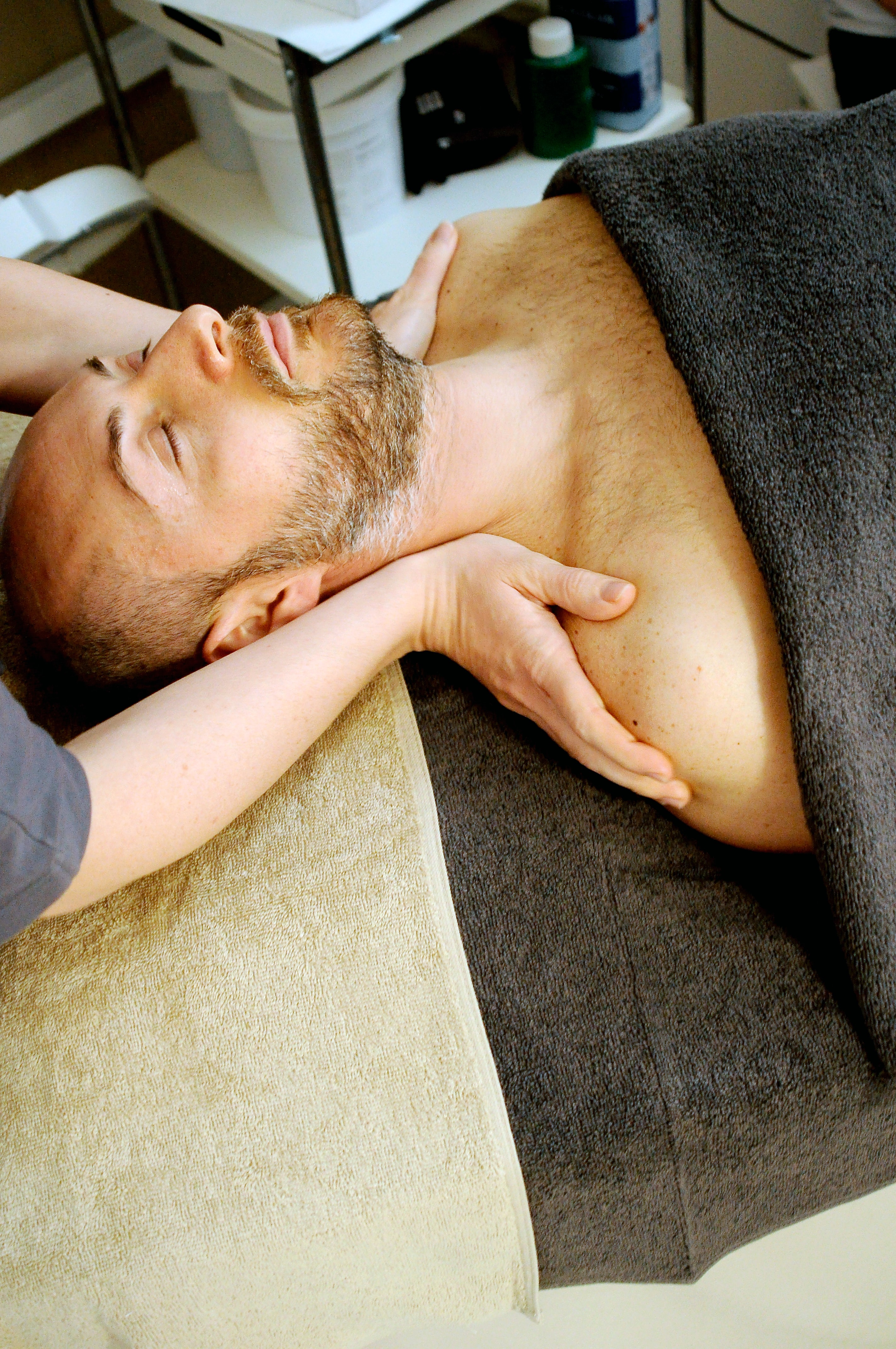Chronic pain caused by long-term illnesses and adverse medical conditions can easily develop into burnout situations. The human physiology and psyche have various mechanisms to deal with prolonged pain, but this can also result in people feeling fatigued, worn-out, and even depressed. Contrary to what many people think, burnout is not merely a byproduct of psychological stress; in many cases, it can certainly be a neurological reaction, but it often is a physical one as well.,
Understanding the Nexus Between Chronic Pain and Fatigue
If the pain you experience reduces your ability to get a good night’s sleep, then you may get burned out quickly as a result. Restorative sleep works wonders in terms of overall health, but healthy adults need to be able to go to bed feeling relaxed and be able to get a solid sleep period of at least eight hours without interruption. Once the pain starts making you lose quality sleep, chances are that your tolerance for pain will be compromised.
Less Than Effective Treatment Can Lead to Burnout
Let’s say you start feeling stomach pain that does not conform to a gastritis or a virus infection. You feel brief bouts of heartburn accompanied by much longer periods of discomfort right at the top of your stomach. Suspecting the beginnings of an ulcer doctor recommends a change in your diet along with a prescription of omeprazole, but the relief you feel is only temporary. When a treatment plan does not provide complete relief, the lingering pain can cause you to feel disjointed and fed up. At this point, you may need to put your career on hold and take the time to look into online second opinion options for belly pain. If your chronic condition or pain is hard to diagnose, do not let it slide. While it may be difficult, it is important to pinpoint the cause as soon as possible.
Combating Fatigue with Exercise
When pain persists even after the underlying condition has been treated, you will probably feel physically drained. You may think you are able to exercise; however, you may not be able to bring yourself to do so. This is the best time to take a forceful approach to exercising, but you should start out very lightly and with explicit goals to increase activity little by little. This can increase your energy and also help you mentally recover from burnout.
Liquor Will Not Help
If there was ever a time to cut back on drinking, this is definitely it. Even though your central nervous system will feel slight relief from the depressive properties of alcohol, your sleep patterns will likely be disrupted, thus intensifying the chronic pain.
Finally, you can also try deep breathing exercises along with light yoga and meditation to help you deal with burnout. The key is to give your body and mind new things and healthy things to do.


